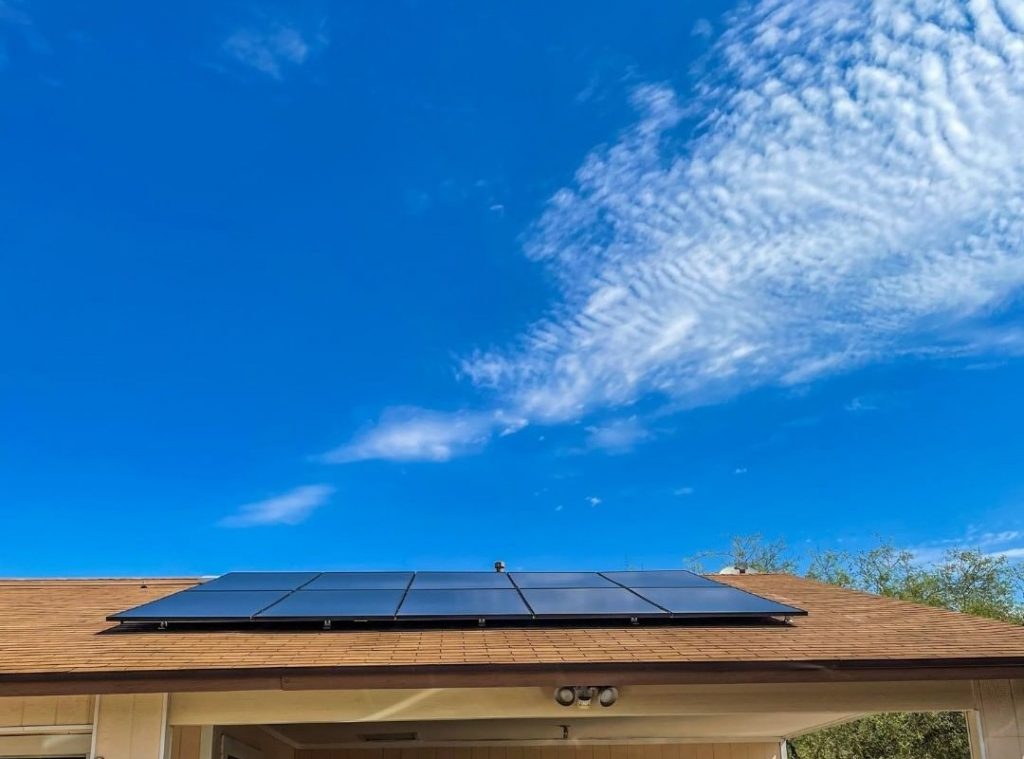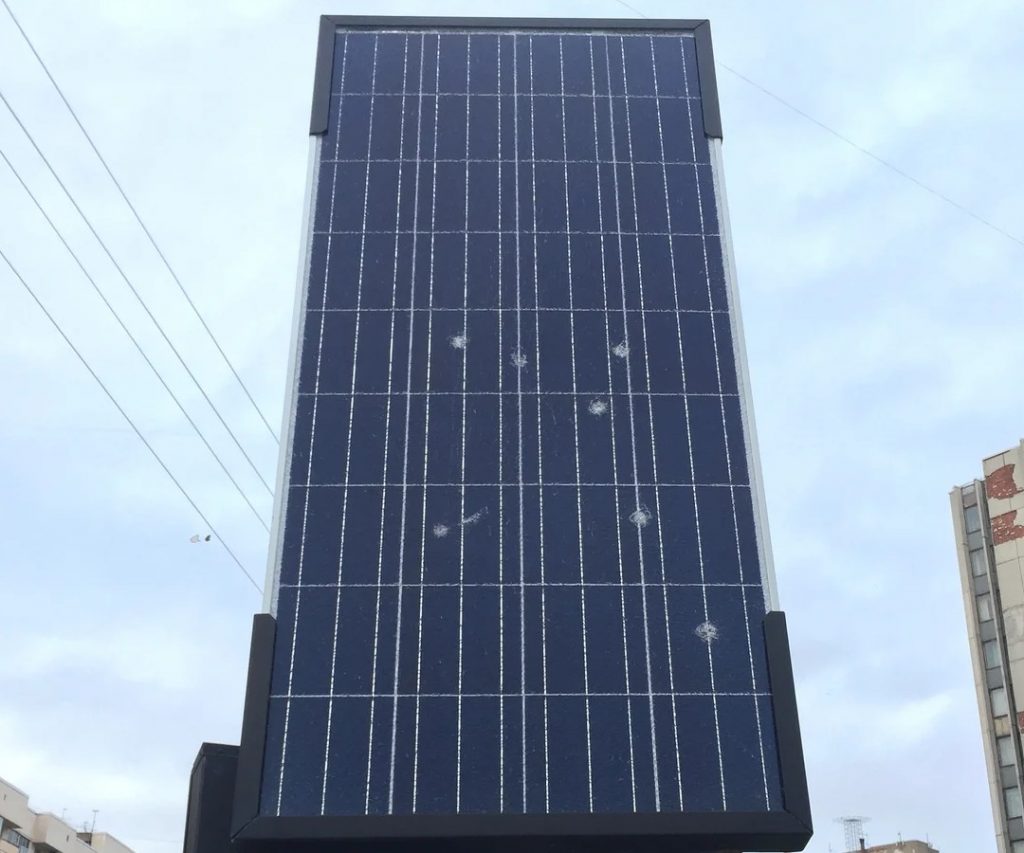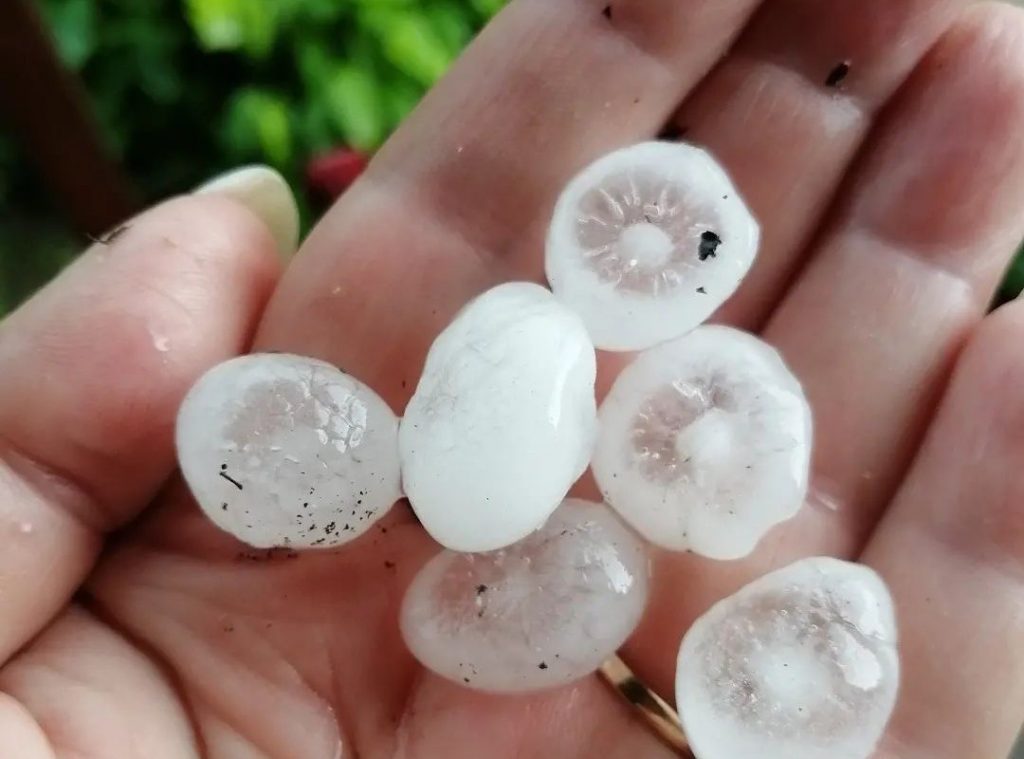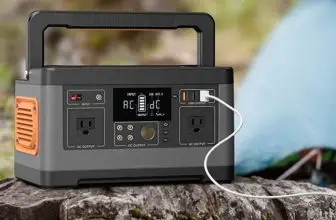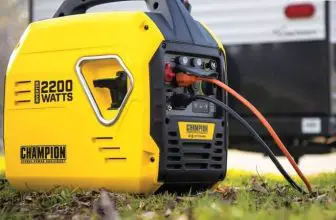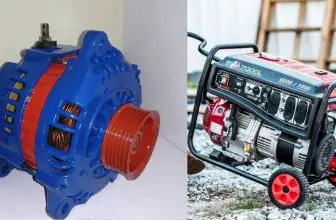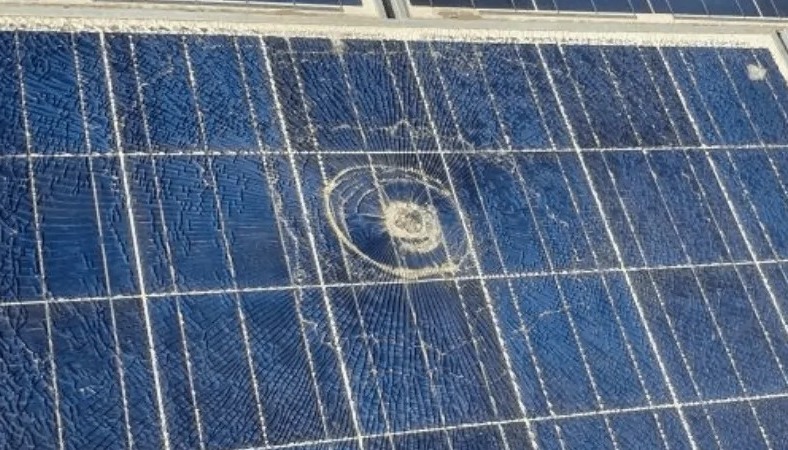
We live in an era of a gradual transition from fossil fuels to renewable fuels and to so-called “green energy. One of the most popular ways to generate solar energy is through the use of solar panels.
Solar panels are an expensive element of green power supply and many buyers clarify all the nuances before making an expensive purchase.
Future owners of home solar power plants often worry about the question “Does hail damage solar panels? Are solar panels and hail compatible? The concern is understandable – the covers of the panels are not metallic, most often they are glass or made of polymer film, and such materials are not associated with strength and reliability.
Review of Solar Panels
Contents
“Solar battery” is an expression referring to a set of several photocells, the basis of which are semiconductor materials, directly converting the energy of the sun into an electric direct current. This procedure is called the photoelectric effect.
After the control of this microphysical phenomenon was mastered at the laboratory level, the production of silicon solar modules was also mastered by the industry. The efficiency of solar panels is 18-22%. The connection of photovoltaic cells in them is sequential and parallel.
The frame on which they are located is made of dielectric material.
Types of coating
One of the most important factors in the protection of solar panels is the type of protective coating.
Sheet glass. Has a low cost and weak durability. Using sheet glass as a coating for solar panels is justified only if you live in a region with low precipitation throughout the year. It used to be used to reduce the weight of the panel but is now extremely rare, as films have appeared.
Fused glass. The exact opposite of sheet glass – almost impossible to damage from hail and other external thermal or mechanical influences. Characterized by great weight and layered structure. Guaranteed up to 25 years. Modern modules in their majority are covered with 3.2 mm tempered glass, but it is better to clarify this point before buying, especially if we are talking about a budget model.
Flexible solar panels. They have a film structure and are vulnerable to the vagaries of the environment. But in general, infrequent hail and other precipitation usually do not cause significant damage, except for cheap Chinese models.
Do Solar Panels Need Protection From Hail?
The fact is that solar panels are certified for damage from average hail, but if the hail is above average, there is a high probability of damage to the panel. In addition to the size of the hail, an important parameter is the angle of its fall.
If it is straight, the striking power of hail increases, but if it falls at an angle – on the contrary, the ice hits tangentially and does not bring such damage.
Precautions
Since the panels are most often located on a roof or in an elevated position, you should not neglect fall insurance. Fall insurance has saved more than one life and is one of the main means of personal protection when working at height.
It is also worth using personal protective equipment such as:
- Gloves;
- Helmet;
- Work boots.
How to Protect Solar Panels From Hail?
If you live in an area where hail is common, you know that it can cause serious damage to your home and property. Your solar panels are no exception. While most solar panels are built to withstand hail, there are still steps you can take to protect them.
Here are five tips to protect your solar panels from hail:
1. Install a hail guard
A hail guard is a protective cover that goes over your solar panels. It helps deflect hail away from the panels and can reduce the amount of damage they sustained. Some of the most popular protections are methacrylic and wire mesh.
Methacrylic
Transparent polymer plastic is excellent protection against hail and other mechanical damage. More expensive solution compared to wire mesh. The solar panel protective cover not only protects against hail but also extends the life of the solar panel.
Wire mesh
A wire mesh is a plastic or metal mesh that has a mesh size smaller than the average hail ice pan. Compared to methacrylic it is a cheaper solution but has a small disadvantage because it creates a small shadow on the solar panels. A great solution for inexpensive solar panel hail protection.
2. Move your panels
If you can, move your solar panels to a sheltered location, such as a garage or shed. This will help reduce the amount of hail that hits them directly.
3. Cover your panels
If you can’t move your panels, you can cover them with a tarp or other thick cloth. This will help reduce the amount of damage the hail can do.
4. Inspect your panels regularly
Even with these precautions, hail can still damage your solar panels. Inspect them regularly for any cracks or other damage. If you notice any damage to the solar panel cover, have it repaired as soon as possible to prevent further damage.
In fact, crystalline solar panels are made of modern high-strength materials. Even before mass production is launched, their resistance to various mechanical damages is tested. World-class manufacturers practice testing in several stages, which are ordered from specialized companies.
5. Automatic panel tilting system
These systems are often used in advanced solar power systems to rotate the solar panels as the sun moves across the sky. But they can also be used to protect the panels in bad weather. It is enough to change the angle to a more vertical angle so that when hail hits, it falls tangentially and causes less damage.
Recommendations
If you are just planning to take solar panels we recommend that you study the hydrometeorological history and find out the number of hailstorms in your area for a certain period. Perhaps hail in your region is not a frequent phenomenon, or if it does occur, it is much smaller than the average.
Keep an eye on the weather forecast. As a rule, such weather events as hail do not go unnoticed by the hydrometeorological center and they are warned about them in advance. It is better to be prepared and take all precautions.
Frequently Asked Questions
Questions and answers to them worry solar panel owners.
Can solar panels withstand hails?
Solar panels can withstand hails, but they may be damaged if the hailstones are large enough. Also, the probability of damage increases depending on the angle of fall of hailstones and wind speed.
Is it okay if the solar panel gets wet?
Yes, solar panels can get wet without any problems. In fact, rain can actually help to keep them clean. The exception is when they are damaged and the seal is broken, this often happens with a strong hailstorm. If hail is larger than average, there is a high probability of solar panel hail damage.
Why are some solar panels blue?
The blue color of some solar panels is the result of a thin film of silicon nitride that is applied to the surface of the panel. This film helps to reflect light back into the solar cell, which increases the amount of light that is absorbed and converted into electricity.
Conclusion
Fossil resources are becoming increasingly scarce and humanity is moving toward renewable energy. One of the brightest representatives of which is “solar energy. All this could not but affect the popularization of “solar panels“.
They are becoming more and more of a mass product. And while previously they were more often installed in regions with more tropical climates, they are now common in almost all regions.
This trend could not help but affect the fact that the owners of the panels faced the problem of “hail”, which in the early days was disastrous for solar panels.
But today’s solar panels have a coating of tempered glass, which can withstand precipitation in the form of hail, of course, unless we are talking about abnormally large hailstones the size of a chicken egg. In addition, it is possible to protect the batteries by various means. I hope this article has answered all the questions you had.

